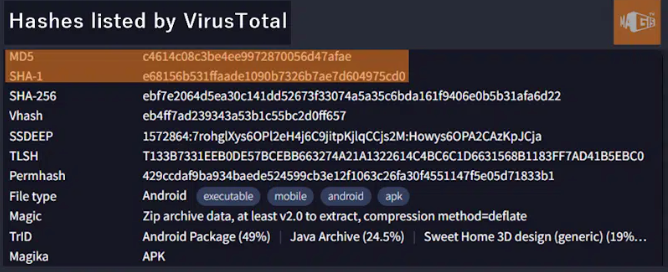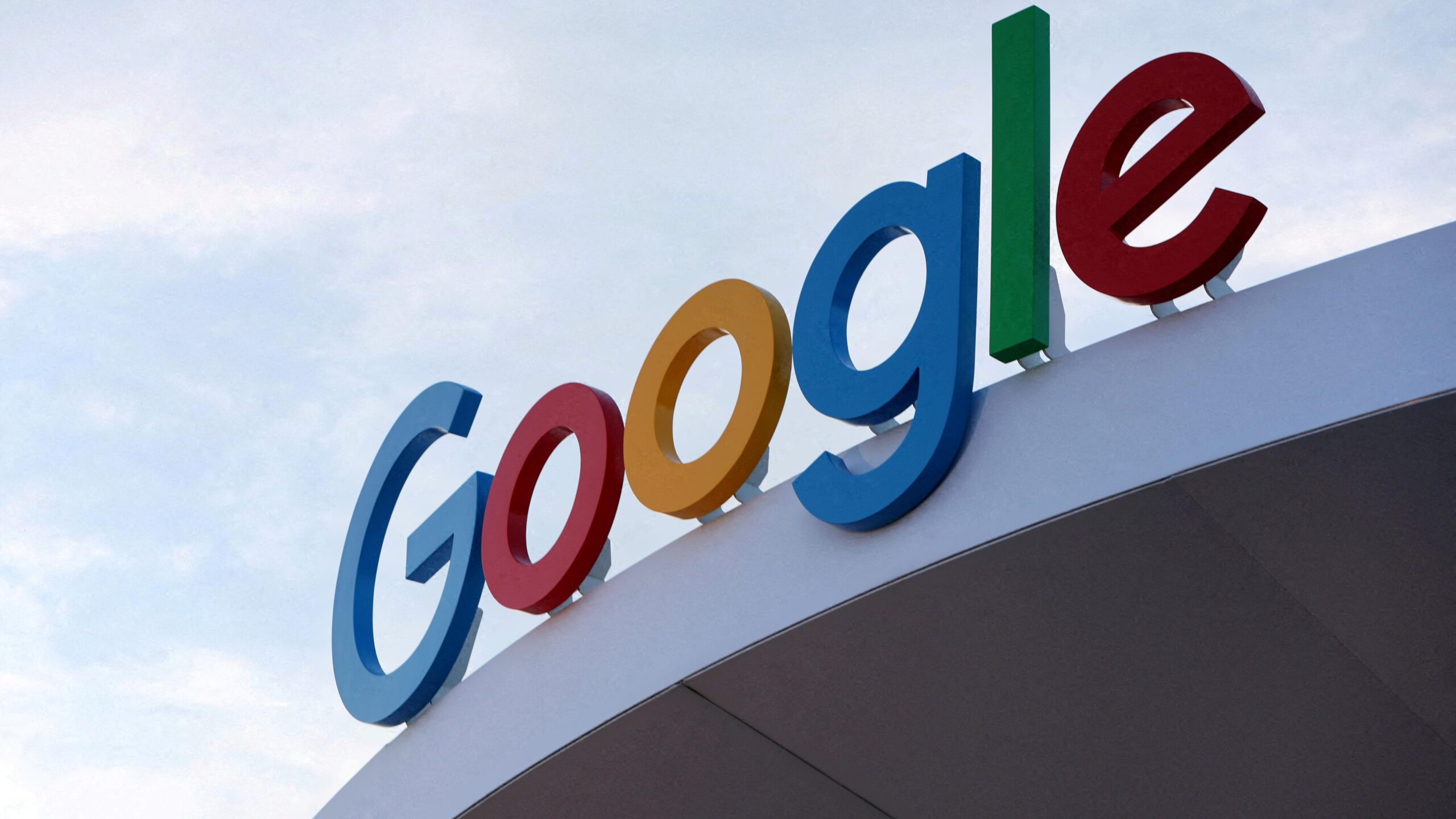In a landmark ruling, an Argentine court has ordered Google to “immediately uninstall” the pirate IPTV service Magis TV from Android devices. This unprecedented decision comes as part of an ongoing crackdown against piracy, specifically targeting apps sideloaded onto Android devices. Magis TV is not available on the Google Play Store, but many users have installed the app via unofficial means, prompting this decisive legal action.
As reported on September 13, 2024, the court directed internet service providers (ISPs) in Argentina to block 69 domains associated with Magis TV, which has been linked to the illegal streaming of copyrighted content. The domain blocks aim to cut off access to the service across the country, with the bulk of the affected domains appearing to be resellers of Magis TV subscriptions.
A Cross-Border Anti-Piracy Effort

The court’s ruling aligns with Operation 404, a broader anti-piracy initiative coordinated between Brazil and Argentina. Last week, three men from Buenos Aires — Hugo Javier Mospan (47), Leopoldo Federico Peña (46), and Kevin Ariel Bentancur (27) — were arrested in connection with the operation. Local media published their photos as evidence of their involvement in selling “fully loaded” TV boxes pre-installed with Magis TV. Law enforcement raids resulted in the seizure of hundreds of these boxes, signaling a significant blow to the piracy ring.
Two additional suspects, known as Roberto V. and Marcos DJ, are reportedly the key figures behind marketing these devices, although they remain at large. Their arrests would mark a major success in the continued operation, which seems designed to send a clear message to piracy networks across the region.
Google’s Role in the Battle Against Piracy
The most notable aspect of the court’s ruling is its order for Google to use technical means to remotely uninstall the Magis TV app from all Android devices within Argentina. The court specified the exact file and hash values linked to the pirated app, underscoring the targeted nature of the order.
Google has yet to issue a public statement on the court’s demands, but this unprecedented action could set a new legal standard in the fight against piracy. Prosecutor Alejandro Musso defended the court’s bold move, acknowledging that this step is a “first of its kind” and essential for curbing the widespread use of Magis TV. Musso noted that Google must use its operating system’s security mechanisms to remove the app from devices located in Argentina.
The court’s decision also highlights an important shift in the battle against piracy, moving from domain blocking to addressing illegal software directly on user devices. This aggressive strategy could serve as a blueprint for other countries facing similar piracy issues.
Wider Implications for Global Piracy
This action could have far-reaching consequences. Prosecutor Musso suggested that the Argentine ruling might inspire other countries to adopt similar measures to combat digital piracy. Rightsholders are often keen to capitalize on such legal victories, and Musso predicted that the removal order would likely be replicated by other nations battling illegal IPTV services.
For LaLiga, one of the organizations affected by Magis TV, this ruling represents a significant win. Javier Tebas, the president of Spain’s top football league, hailed the decision as a global model in the fight against piracy. LaLiga has long campaigned for the removal of pirate apps from Android devices and had previously pushed for similar actions in Spain.
While the ruling is a major triumph for anti-piracy advocates, it poses new challenges for Google. The tech giant must balance its compliance with the Argentine court’s order against the concerns of Android users, many of whom may view the remote removal of sideloaded apps as a violation of privacy. The broader implications of this ruling, both for Google’s reputation and for Android users worldwide, are yet to be fully understood.

In the coming weeks, it will become clear whether this ruling marks the beginning of a new phase in anti-piracy efforts, with a shift towards targeting individual devices and apps. For now, Google is at the center of an evolving legal and ethical debate surrounding the enforcement of intellectual property rights in the digital age.



